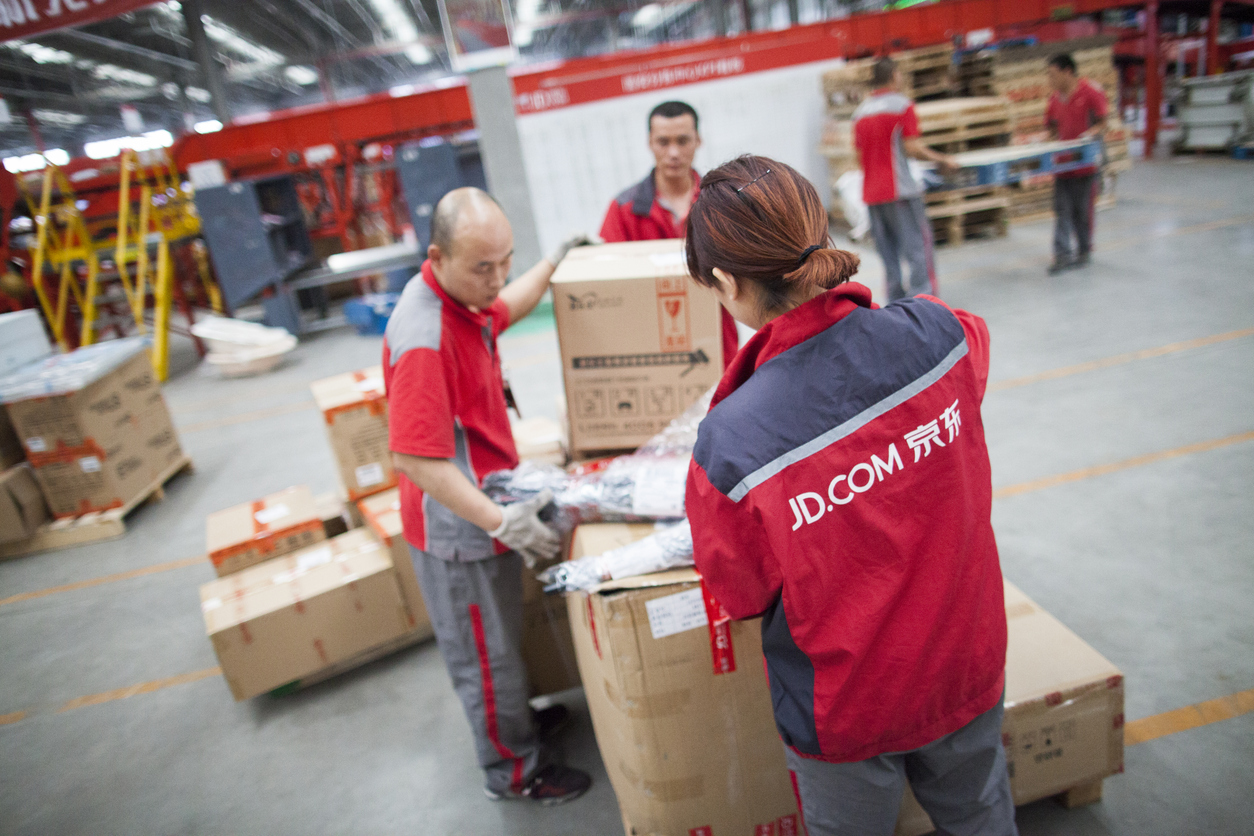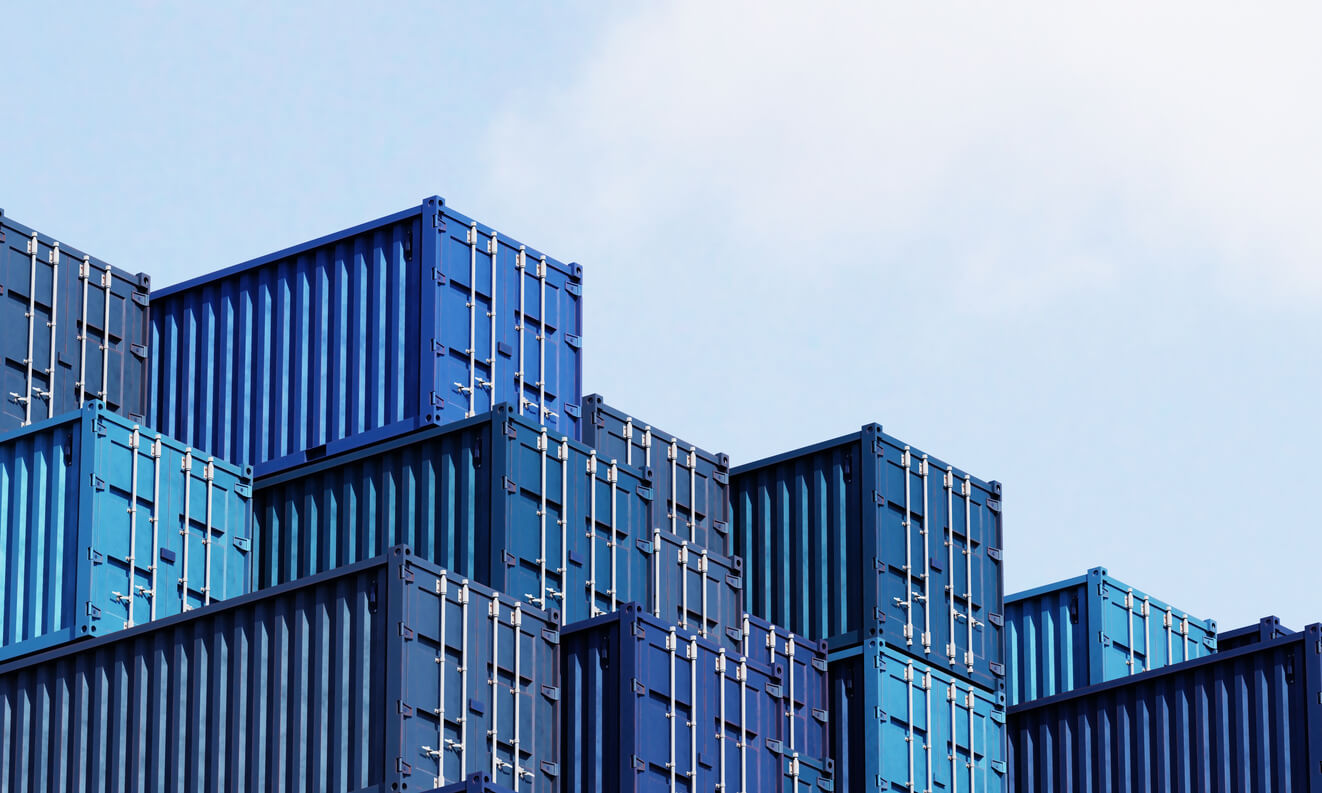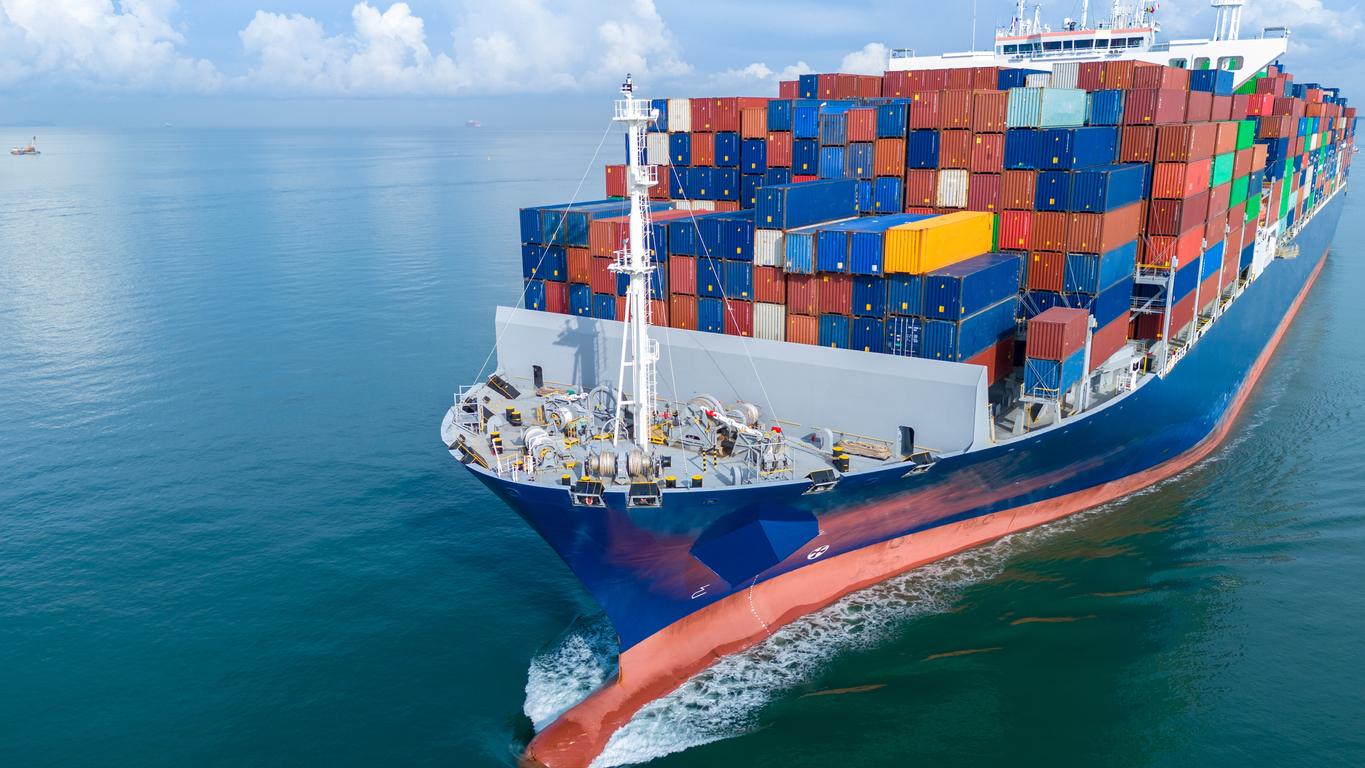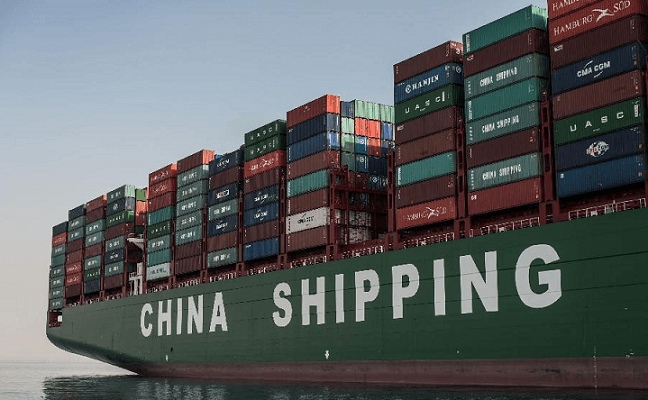How to Purchase and Export Non-Fillet Frozen Fish from Kenya
How to Purchase and Export Non-Fillet Frozen Fish from Kenya
Non-fillet frozen fish is a fast-growing market in East Africa. Even though a lot of countries are competing for this lucrative space, non-fillet frozen fish is still in its infancy stage and growing at a rapid pace. The potential of non-fillet frozen fish is massive and it is only a matter of time before this niche becomes a household name rather than a regional niche.
With Kenya’s fishing industry, which is a major contributor to the country’s economy, and non-fillet frozen fish, which has a high value-to-weight ratio, both at a domestic and global level, the country has the potential to become a global player in the space.
In this blog post, we will be discussing how you can purchase and export non-fillet frozen fish from Kenya.
What is non-fillet frozen fish?
Non-fillet frozen fish is fish that is frozen without the skin being removed. It is also termed as fresh frozen fish. Frozen fish, whether skin or skinless, has a much higher content of moisture compared to fresh fish. The value-to-weight ratio of non-fillet frozen fish is much higher than that of fresh fish. Because of this, non-fillet frozen fish has a much higher demand in the East African food market compared to fresh fish. Also, non-fillet frozen fish can be stored for a much longer period of time than fresh fish. This makes non-fillet frozen fish an attractive option for consumers. Due to its high demand and the fact that it can be stored for a longer period of time, it is also a more profitable product for fisheries.
Why purchase non-fillet frozen fish?
Fish is a protein-rich and healthy food item that can be easily integrated in any diet. Available in various flavours and colours, it is a good source of omega-3 fatty acids, which is beneficial for the heart and brain health. The demand for non-fillet frozen fish in East Africa is increasing at a rapid pace. This is mainly due to the fact that this product is a healthier option compared to fresh fish. The demand for non-fillet frozen fish is increasing along with the increasing demand for healthy food items. Also, with the development and improvement of the transport network, importing non-fillet frozen fish from Kenya or exporting it to other parts of the world has become much easier compared to a few years back.
How to purchase non-fillet frozen fish from Kenya?
There are a number of companies in Kenya that deal in non-fillet frozen fish. The best option would be to hire a private carrier. A private carrier is a person, who is licensed to carry goods from one point to another. This person is allowed to carry more than one type of goods. If you are looking to purchase non-fillet frozen fish from Kenya, you are advised to hire a private carrier who can import and export goods. The private carrier will guide you about the best practices for importing non-fillet frozen fish from Kenya.
The best way to transport fish is to firstly de-scale the fish and then place it in ice. The carrier must make sure that he/she keeps the fish packaged in ice until it reaches its destination. The fish must be packed in ice, with the temperature kept between -1°C and -5°C. The non-fillet frozen fish should be packed in ice-cubes to avoid any damage to the product.
Export non-fillet frozen fish from Kenya
With a growing demand for non-fillet frozen fish and a high value-to-weight ratio, exporting non-fillet frozen fish from Kenya can be a profitable venture. The key to exporting non-fillet frozen fish from Kenya is to source the fish from a local or nearby supplier. This is because a fish that is a day old or has been slightly damaged can create a lot of problems during transportation. Also, the exporter must be very careful about the quality standards when sourcing the fish. The exporter must be sure that the supplier is sourcing his/her fish from a supplier who has strict quality control procedures.
The exporter must also make sure that the country of destination is a good market for the product. This can be done by consulting the local market research agencies or by online research. The exporter must also make sure that the arrival date of the shipment is kept flexible because the product might not be able to arrive on time. The exporter must be ready to receive the delivery of the shipment even if it is at a delayed time.
Conclusion
With Kenya’s fishing industry, which is a major contributor to the country’s economy, and non-fillet frozen fish, which has a high value-to-weight ratio, both at a domestic and global level, the country has the potential to become a global player in the space. In this blog post, we will be discussing how you can purchase and export non-fillet frozen fish from Kenya.








LEAVE A COMMENT
You must be logged in to post a comment.